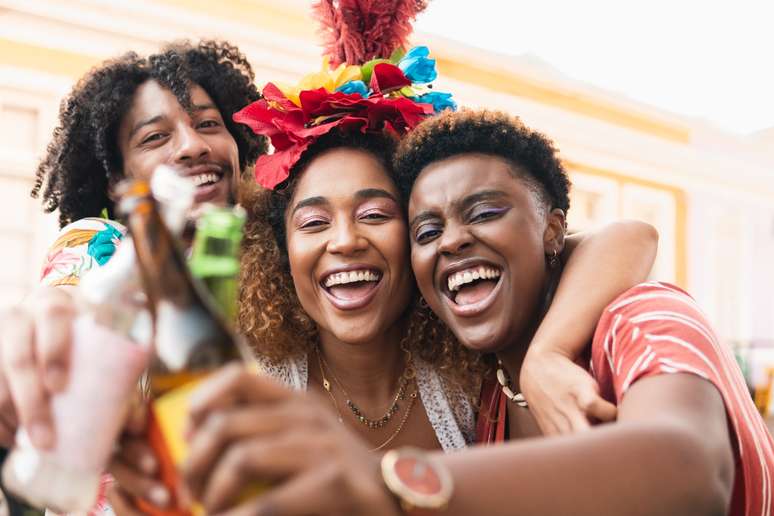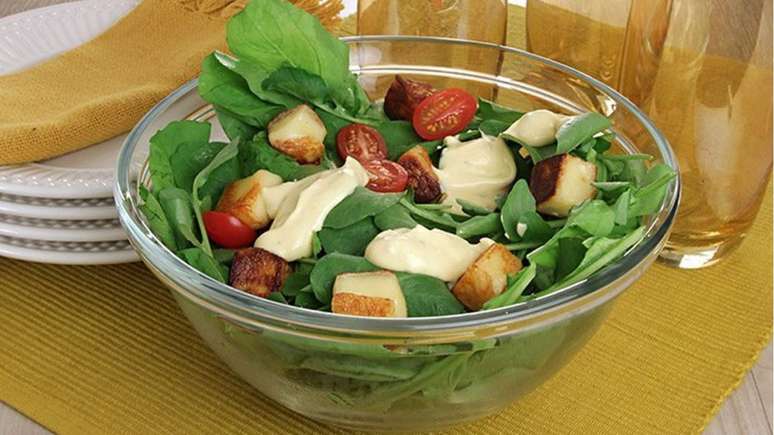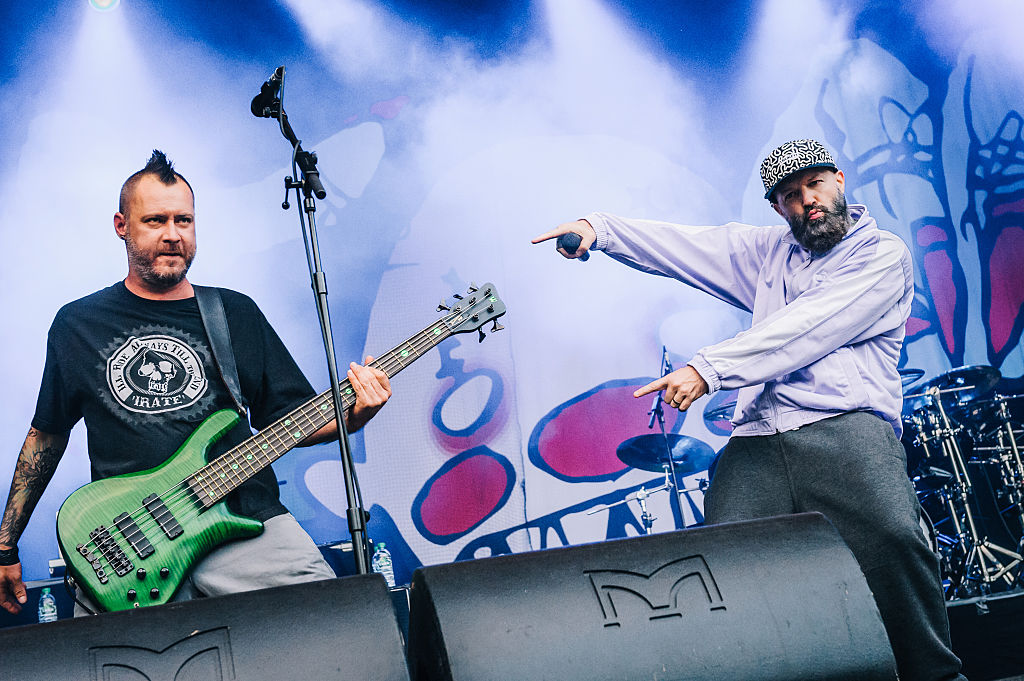Nausea, headache, thirst and weakness are common symptoms after drinking too much.
Headache, nausea, thirst, weakness, sensitivity to light, odors and noises are some of the best-known symptoms of hangover, the malaise that appears the day after drinking excessive alcohol.
From the point of view of psychological functioning, the person in this situation may become slower, more irritable and have greater difficulty concentrating. And even driving in this situation can be risky, as more and more studies show.
When it comes to preventing hangovers, the best recommendation is the one everyone knows: drink little. But other tips can come in handy for those days when you already know you might overindulge in alcohol consumption. See some:
– Do not drink on an empty stomach
Drinking on an empty stomach can increase the risk of drunkenness and, consequently, a hangover. Foods rich in protein and healthy fats are the safest option for this situation, as they take longer to digest, reducing the rate at which alcohol is absorbed into the blood.
– Be careful with fizzy drinks
Research says bubbles can speed up the absorption of alcohol. Therefore, consuming alcoholic beverages such as sparkling wine can make you get drunk faster and, as a result, have a strong hangover.
– Also be careful with energy drinks
Energy drinks, on the other hand, can make alcoholic drinks taste sweet and cause you to drink too much. Plus, with caffeine in your system, you may feel more alert than you actually are.
– Don’t forget to hydrate
Dehydration is a major cause of hangover discomfort. Therefore it is essential to alternate the consumption of alcoholic beverages with water or soft drinks during the celebration.
Additionally, drinking a large glass of water before going to bed and after waking up can make you feel better in the morning after drinking too much alcohol. During the next day, try to also include foods rich in water, such as fruits, vegetables and greens, on your plate.
– Caffeine in moderation
If you wake up feeling sick from the night before, try not to offset the damage with too many caffeine-rich drinks, such as coffee, energy drinks, and soda. An excess of this substance can damage the body’s hydration levels and even irritate the stomach, further increasing hangovers.
Source: Terra
Ben Stock is a lifestyle journalist and author at Gossipify. He writes about topics such as health, wellness, travel, food and home decor. He provides practical advice and inspiration to improve well-being, keeps readers up to date with latest lifestyle news and trends, known for his engaging writing style, in-depth analysis and unique perspectives.







